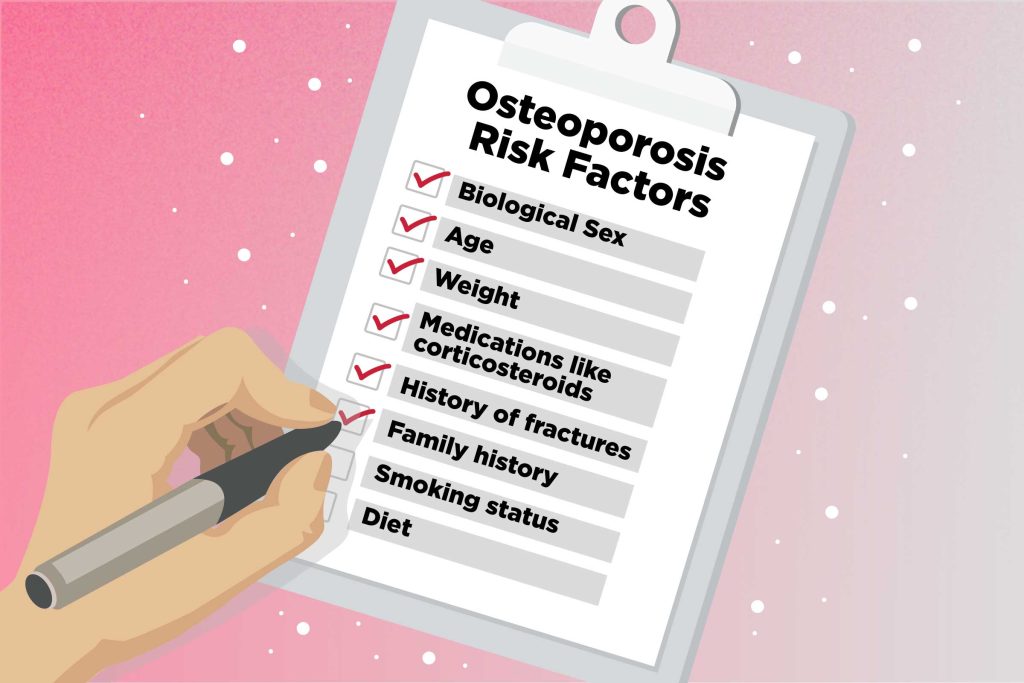Internists’ guide to bone health and osteoporosis
Stronger bones mean longer, steadier lives; internists cut fracture risk through timely screening, everyday coaching, and precise therapies that keep patients active. Why does bone health deserve front-page attention today? A sudden fall can redraw a patient’s life. Fragility fractures limit independence and confidence. Recovery drains time, money, and morale. The good news is clear.…
Read more










